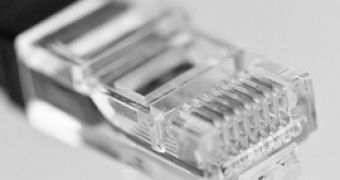It should be pretty clear by now that the NSA can and does break or bypass altogether the encryption of communications on the web. But that doesn't mean we're completely in the open, as the NSA can't break all encryption. Even when it can, it usually requires some effort.
That means that most people don't have to worry about the NSA snooping into their email communication. That said, the NSA also scoops up Internet traffic in bulk and stores it in case it's needed at a later date or if the encryption can't be broken at the moment.
Still, it takes too much effort for the NSA to target random people, and there are ways of making it even harder for them. Cryptography expert Bruce Schneier lists several ways through which you can protect yourself.
Hide in the network
For one, you can use Tor or something like it to make it harder for the NSA to find you in the network and, so, harder to target your end point, i.e. your computer.
Most of the time, the NSA doesn't bother with breaking encryption. If you are a target, it just hacks into your devices. Making it harder for it to find you helps.
Protect or isolate your computer
That said, unless you are a valuable target, the NSA probably hasn't hacked into your computer. If you absolutely need to be sure that the NSA can't hack into it, don't connect it to any network and use an air gap instead, i.e. transport data to and from the isolated computer to a connected one via a memory stick.
Use public domain encryption that has to be compatible with other implementations
Despite the fact that some encryption protocols and tools have been cracked or are deliberately weak, there are strong encryption methods available to you.
Any known, open source, encryption protocol, TLS, IPSec, should be good. Even if the NSA has exploits against them that we don't know about, they're still better than no encryption at all. Most exploits only make it easier to decrypt a message by brute force, but they don't bypass the encryption altogether.
Open source or public domain protocols also have the advantage of being peer reviewed, so it is much harder for the NSA to hide a vulnerability in the code which it could later exploit. This is particularly true since every implementation of one of these protocols has to be compatible with the others, i.e. the NSA can't make undetected changes at one end.
Avoid commercial encryption software
Finally, avoid as much as possible commercial encryption software, particularly from large vendors, and proprietary software in general. The NSA has probably pressured all the big names into creating backdoors for the agency.

 14 DAY TRIAL //
14 DAY TRIAL //